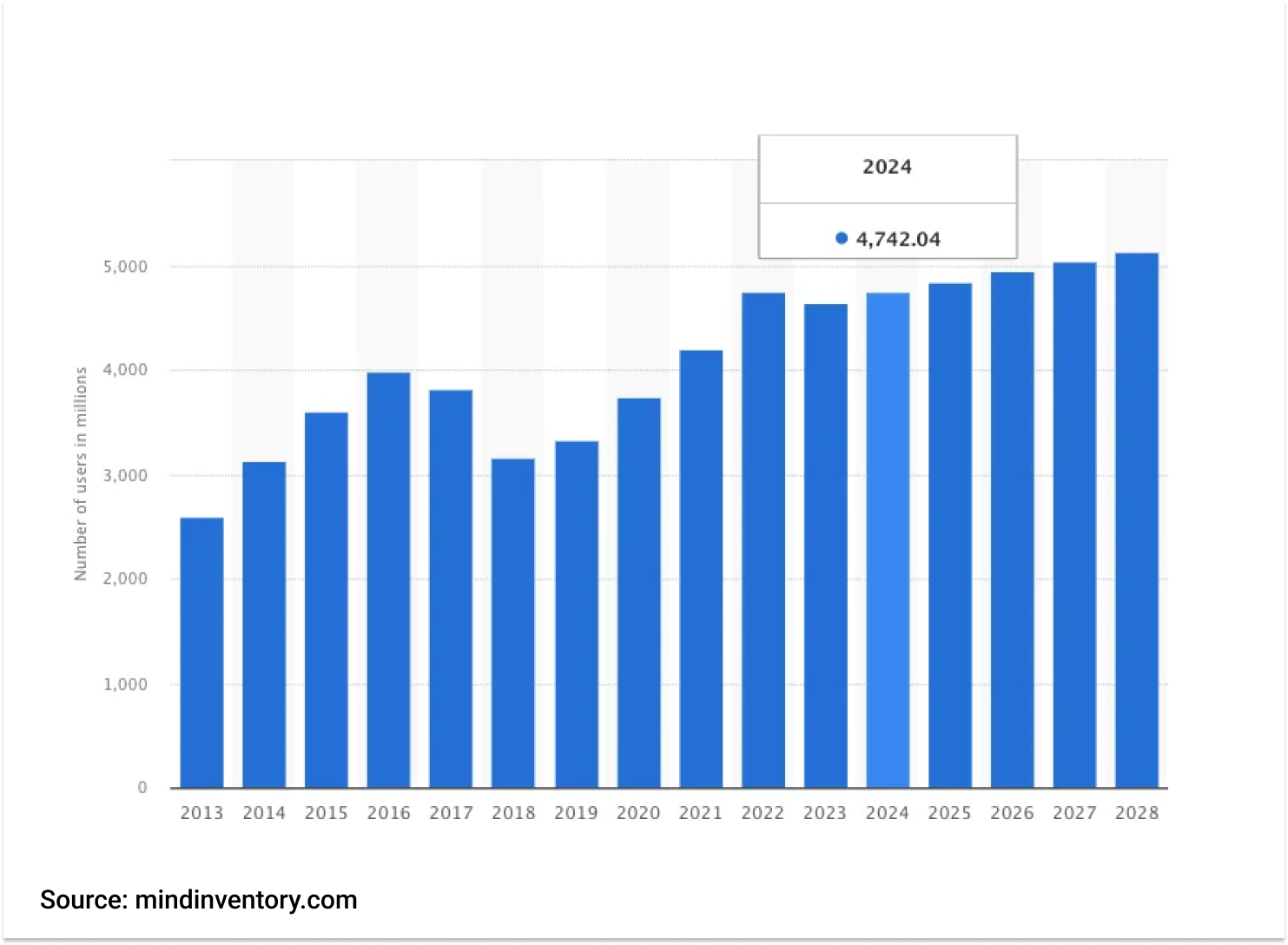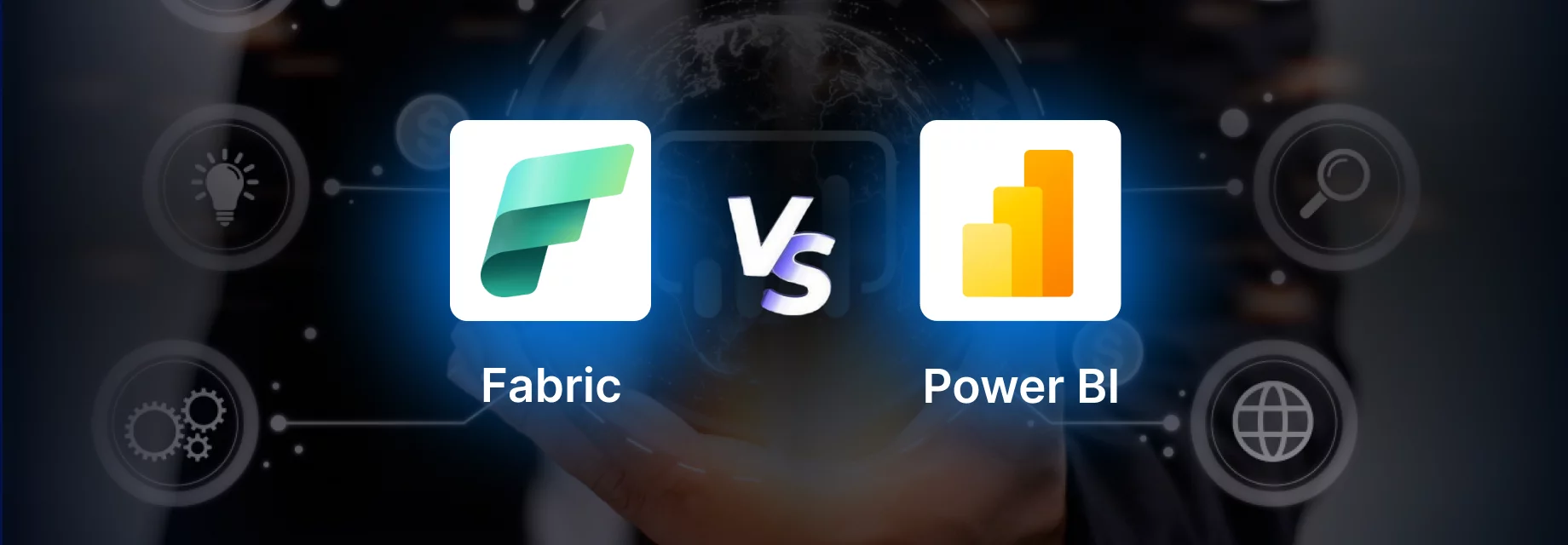What are frameworks in Mobile App Development?
In mobile app development, a framework is a software tool that provides developers with a structured and efficient approach to creating mobile apps. A framework typically encompasses a set of pre-built components and libraries that can be leveraged to rapidly develop app features such as user interface (UI) elements, database integration, networking, and more.
Frameworks can be classified into two types: Native and Hybrid. Native frameworks allow developers to build apps specifically for a particular platform, such as iOS or Android, using platform-specific programming languages like Swift or Java. Conversely, Hybrid frameworks allow developers to build cross-platform apps that can be deployed on multiple platforms using web technologies like HTML, CSS, and JavaScript.
Frameworks are widely adopted as they enable developers to create high-quality apps with less time and effort by providing them with a solid foundation. These components are customizable and allow developers to tailor the app to their specific requirements, which helps to speed up the development process. Essentially, frameworks provide a solid foundation that developers can build upon, which makes app development more efficient and less time-consuming.
Why do we need App Development frameworks in 2025?
We need app development frameworks in 2025 more than ever because the demand for mobile apps continues to increase rapidly. With the rise in mobile device usage, businesses and organizations are increasingly relying on mobile apps to reach and engage with their customers. However, building mobile apps from scratch can be a time-consuming and resource-intensive process, particularly for smaller teams or individuals.
[You can use more statistics from this blog – https://www.mindinventory.com/blog/mobile-app-usage-growth-statistics/]
Moreover, as mobile devices and operating systems continue to evolve and change, frameworks can help developers stay up to date with the latest trends and technologies in app development. Frameworks often provide regular updates and maintenance, ensuring that the app remains compatible with new devices and operating systems.
Overall, app development frameworks in 2025 will play a crucial role in streamlining the app development process, reducing development costs, and helping developers to create high-quality apps that meet the demands of users in a fast-paced mobile environment.
Benefits of Mobile App Development
Mobile app development offers a range of benefits, both for businesses and individuals. Here are some of the key advantages:
Improved user experience: Mobile apps provide a faster and more seamless user experience compared to mobile websites. They are designed to work smoothly on mobile devices and offer easy navigation, interactive features, and offline access.
Increased engagement: Mobile apps offer an opportunity to engage with users in real-time, sending push notifications, personalized messages, and other alerts to keep users engaged with the app.
Access to new customers: Mobile apps provide access to a wider audience and can help businesses reach new customers through app store listings, social media promotions, and word-of-mouth referrals.
Increased revenue: Mobile apps can generate revenue through in-app purchases, subscriptions, and ads. They also provide an opportunity to sell products and services directly to customers through mobile commerce features.
Enhanced brand awareness: Mobile apps offer a way to build brand awareness and loyalty by providing a unique user experience and a platform to highlight the company’s products and services.
Increased efficiency: Mobile apps can help businesses automate processes, reduce manual workloads, and improve overall efficiency by streamlining operations and improving communication between teams.
Competitive advantage: Having a mobile app can provide a competitive advantage in industries where mobile apps are not yet widely adopted. It can also help businesses stay ahead of the curve by incorporating the latest mobile technology and features into their app.
Mobile app development offers numerous benefits to both businesses and individuals and is becoming increasingly important in today’s digital landscape.
Top 10 Mobile App Development Frameworks In 2025
Mobile app development has come a long way since the first smartphone was launched. With the ever-increasing demand for mobile applications, the need for faster development cycles and efficient workflows has become more important than ever. This has led to the emergence of various mobile app development frameworks, which offer developers a range of features and functionalities to develop high-quality apps with ease. In this article, we will discuss the top 10 mobile app development frameworks in 2025.
1. React Native
React Native is a popular mobile app development framework widely adopted by developers worldwide. Developed by Facebook, it allows developers to build high-performance mobile applications using JavaScript and React. One of the biggest advantages of React Native is that it allows developers to build native apps for Android and iOS platforms with a single codebase.
Check out React Native! Here are some of its best features:
- Faster development and deployment times
- Cross-platform capabilities
- Access to native features and APIs
- Live reload for quick iterations
Did you know that some of the world’s most popular apps are built with React Native? Here are a few examples:
- Skype
- Walmart
- Tesla
2. Flutter
Flutter is an open-source mobile app development framework that has been gaining popularity among developers. Developed by Google, it allows developers to build high-performance, visually appealing mobile applications for both Android and iOS platforms. Flutter uses Dart programming language, which is easy to learn and allows for faster development cycles.
Here are some of the Core/Best features of Flutter:
- Hot reload for faster iteration
- Beautiful and customizable widgets
- Access to native features and APIs
- Fast development and deployment cycles
Popular apps built with Flutter? Here are a few examples:
- Google Ads
- Alibaba
- Reflectly
- Hamilton: The Official App
- Square
3. Ionic
Ionic is a popular mobile app development framework that is built on top of AngularJS. It allows developers to build hybrid mobile applications using web technologies such as HTML, CSS, and JavaScript. One of the biggest advantages of Ionic is that it allows developers to build once and deploy to multiple platforms, including Android, iOS, and the web.
Here are some of the Core/Best features of Ionic:
- Cross-platform capabilities
- Easy integration with other libraries and frameworks
- Built-in UI components for faster development
- Access to native features and APIs
Popular apps built with Ionic? Here are a few examples:
- Sworkit
- MarketWatch
- JustWatch
- Diesel
- Pacifica
4. Xamarin
Xamarin is a popular mobile app development framework that allows developers to build native apps for Android, iOS, and Windows platforms using C# and . NET. It allows developers to share code across platforms, which reduces development time and effort. Xamarin also offers a range of features and functionalities, such as platform-specific APIs, which allow developers to build highly optimized applications.
Here are some of the Core/Best features of Xamarin:
- Cross-platform capabilities
- Access to native features and APIs
- Robust testing and debugging tools
- Integration with Microsoft Visual Studio
Popular apps built with Xamarin? Here are a few examples:
- Alaska Airlines
- BBC Good Food
- Olo
- The World Bank
- Skullcandy
5. PhoneGap
PhoneGap is an open-source mobile app development framework that allows developers to build hybrid mobile applications using web technologies such as HTML, CSS, and JavaScript. Developed by Adobe, it offers a range of features and functionalities, including access to native device features such as camera and GPS.
Here are some of the Core/Best features of PhoneGap:
- Cross-platform capabilities
- Access to native features and APIs
- Easy integration with other libraries and frameworks
- Built-in developer tools for faster development
Popular apps are built with PhoneGap. Here are a few examples:
- TripCase
- Wikipedia
- HealthTap
- The DHS Program
- Fandango
6. Corona SDK
Corona SDK is a popular mobile app development framework that allows developers to build 2D mobile games and applications for both Android and iOS platforms. It uses Lua programming language, which is easy to learn and offers a range of features and functionalities, including real-time debugging and a built-in physics engine.
Here are some of the Core/Best features of Corona SDK:
- Cross-platform capabilities
- Easy integration with other libraries and frameworks
- Built-in physics engine and animation tools
- Access to native features and APIs
Popular apps built with Corona SDK? Here are a few examples:
- The Lost City
- Zip Zap
- Guns’n’Glory
- Fun Run 2
- Billionaire Casino
7. jQuery Mobile
jQuery Mobile is a popular mobile app development framework that allows developers to build mobile applications using HTML5, CSS3, and JavaScript. It offers a range of features and functionalities, including a user-friendly interface and support for a range of platforms, including Android, iOS, and Windows.
Here are some of the Core/Best features of JQuery
- Cross-platform capabilities
- Access to native features and APIs
- Built-in touch-friendly UI widgets
- Easy theming and customization options
Popular mobile apps built with jQuery Mobile? Here are a few examples:
- Blackberry
- JetBlue
- Nokia
- United Airlines
8. Sencha Touch
Sencha Touch is a popular mobile app development framework that allows developers to build hybrid mobile applications using HTML5, CSS3, and JavaScript. It offers a range of features and functionalities, including a powerful UI library and support for a range of platforms, including Android, iOS, and Blackberry.
Check out Sencha Touch! Here are some of its best features:
- Cross-platform capabilities
- Built-in UI components for faster development
- Access to native features and APIs
- Robust testing and debugging tools
Did you know that some of the world’s most popular mobile apps are built with Sencha Touch? Here are a few examples:
- ESPN Fantasy Football
- Workday
- HBO GO
- American Cancer Society
- Financial Times
9. Onsen UI
Onsen UI is a popular mobile app development framework that allows developers to build hybrid mobile applications using HTML5, CSS3, and JavaScript. It offers a range of features and functionalities, including a powerful UI library and support for a range of platforms, including Android, iOS, and Windows.
Here are some of the Core/Best features of Onsen UI:
- Cross-platform capabilities
- Access to native features and APIs
- Built-in UI components and templates for faster development
- Easy customization options
Popular mobile apps built with Onsen UI? Here are a few examples:
- Tabikobo
- Snackpass
- Stackby
- Duffel
- GEICO Mobile
10. Appcelerator Titanium
Appcelerator Titanium is a popular mobile app development framework that allows developers to build native apps for Android, iOS, and Windows platforms using JavaScript. It offers a range of features and functionalities, including access to native device features such as camera and GPS, and a powerful MVC framework.
Here are some of the Core/Best features of Appcelerator:
- Cross-platform capabilities
- Access to native features and APIs
- Easy integration with other libraries and frameworks
- Built-in testing and debugging tools
Popular apps built with Appcelerator Titanium? Here are a few examples:
- Gett
- MyMaxis
- FanReact
- QuickBridge
- Belk
Skills Required for Mobile App Developers
Mobile app development is a complex and constantly evolving field that requires a variety of technical and non-technical skills. Here are some of the key skills required for mobile app developers:
- Programming languages: Mobile app developers need to have a strong understanding of programming languages such as Java, Kotlin, Swift, or Objective-C, depending on the platform they are developing for.
- Mobile development frameworks: Familiarity with mobile development frameworks such as React Native, Flutter, or Xamarin can be an added advantage for mobile app developers as it can help them develop apps more efficiently.
- User interface design: Mobile app developers should have a good understanding of user interface design principles and be able to create visually appealing and easy-to-use app interfaces.
- Database management: Knowledge of database management systems such as SQL or MongoDB is essential for developing mobile apps that require data storage and retrieval.
- Web development: Understanding web development technologies such as HTML, CSS, and JavaScript can be helpful for developing mobile apps that require web-based features.
- Cross-functional collaboration: Mobile app developers must work closely with designers, product managers, and quality assurance teams to ensure that the app meets the requirements and specifications.
- Problem-solving: Mobile app developers should be able to analyze and solve complex problems and be willing to learn modern technologies and approaches as the field evolves.
- Communication: Effective communication skills are important for mobile app developers to be able to articulate their ideas, collaborate effectively, and communicate with clients and stakeholders.
Mobile app development requires a range of technical and soft skills, and developers should be continuously learning and adapting to innovative technologies and approaches to remain competitive in the field.
Mobile app development frameworks play a crucial role in building high-quality, feature-rich mobile applications. As the mobile app development industry continues to grow and evolve, developers must keep up with the latest frameworks and technologies to remain competitive. At Intelegain, we understand the importance of staying up-to-date with the latest mobile app development frameworks and technologies.
Whether you need an enterprise-level mobile app for your business or a custom app for your startup, our team can help you build a mobile app that meets your unique requirements and exceeds your expectations.











